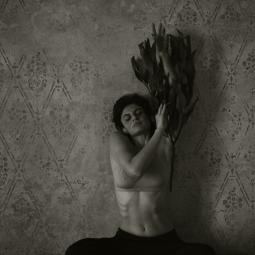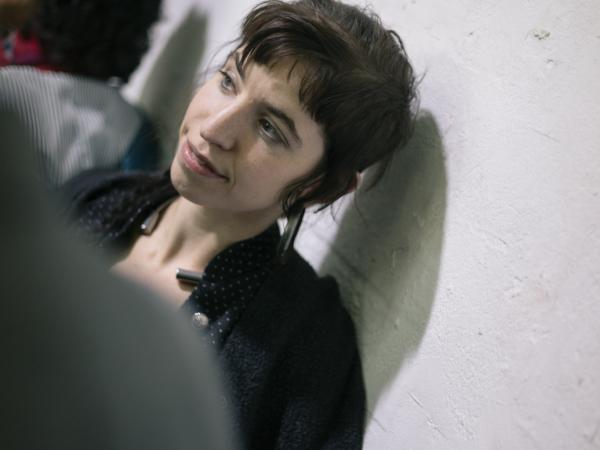Biography
"All the power of moral civilized, hand in hand with the system of capitalist economy and its political institutions, is fiercely opposed to the use of the body just like the end, means and instrument of pleasure.
In a company focused on the production, the use of the body without purpose, I call dance butō, is a deadly enemy that must be taboo "
Tatsumi Hijikata (1928-1986)
Through the body, we can return to ourselves, in fact, to hear, to feel the life in her change allows us to be organic, real, live, imperfect, and for this wonderful and connessione.Con the photo-performances, photo taken Marc Tsien with whom we share the process of transformation and meditation of wabi sabi, this photo is a moment of vita.Wabi sabi is Reduced to avoid its essence, the Wabi-Sabi is the Japanese art of finding beauty in imperfection and profundity in nature, to accept the natural cycle of growth, decay, and death. It 'simple, slow, and ordered, -and it reveres authenticity above all. The Wabi-Sabi is flea markets, not warehouse, aged wood; rice paper, not glass. It celebrates cracks and crevices and all other signs that the weather, time, and loving use leave behind. It reminds us that we are all transient beings, but on this planet-that our bodies as well as the material world around us are in the process of returning to the dust from which we came. Through wabi-Sabi, we learn to embrace stains, rust and frayed edges, and March of the time they represent.






